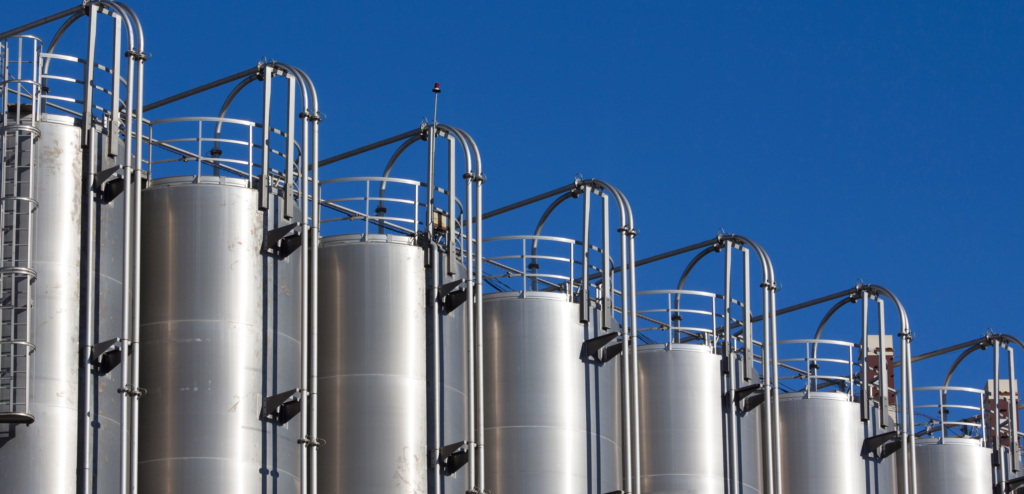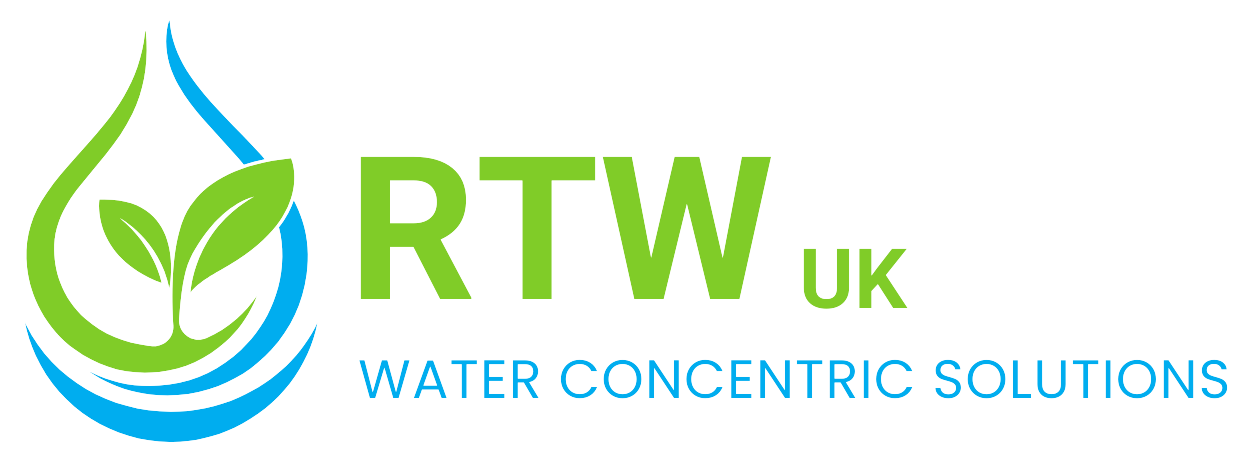Chemical Industry
- Chemical Industry
Chemical Industry
Amidst its economic prowess, the chemical industry embodies innovation and versatility, fabricating a vast spectrum of substances essential for myriad industrial, agricultural, pharmaceutical, and consumer applications. From fertilizers to pharmaceuticals, plastics to paints, and everything in between, chemicals form the backbone of modern society. However, this indispensable industry bears a weighty environmental burden. The byproducts of chemical manufacturing processes, namely wastewater, carry a heavy payload of hazardous substances. Synthetic compounds, heavy metals, and organic pollutants infiltrate waterways, soil, and air, posing grave environmental threats. As society grapples with the repercussions of pollution and climate change, the imperative to address these environmental challenges within the chemical sector becomes increasingly urgent. Collaboration, innovation, and sustainable practices are paramount in navigating this complex terrain and ensuring a harmonious balance between industrial progress and environmental stewardship.
At RTW UK, we stand as pioneers in addressing these challenges, offering cutting-edge wastewater treatment solutions tailored to the unique needs of the chemical industry.

Problems Faced
| Major Problem | Description |
|---|---|
| Range of Products | The chemical industry produces a diverse array of products, each with unique compositions. |
| Composition of Wastewater | Wastewater from chemical processes contains both organic and inorganic materials, necessitating specialized treatment approaches. |
| Toxicity and Non-Biodegradability | Many chemicals used in manufacturing are toxic, mutagenic, or carcinogenic, posing challenges for conventional treatment methods. Some compounds are almost non-biodegradable. |
| Varying pH and Temperature | Chemical processes result in wastewater with varying pH levels and temperatures, requiring treatment systems to accommodate these fluctuations. |
| Global Challenges and Climate Impact | Climate change affects water availability and quality, impacting chemical operations through water scarcity, extreme weather events, and rising sea levels. |
| Balancing Economic Viability and Environmental Stewardship | Chemical companies strive to minimize their water footprint while maintaining profitability, striking a balance between economic viability and environmental stewardship. |
Vision and Goals
Environmental Stewardship
The chemical industry aims to minimize its impact on the environment. Wastewater treatment is a key aspect of responsible environmental stewardship. By treating effluents effectively, the industry prevents pollution of water bodies and protects ecosystems.
Regulatory Compliance
Compliance with environmental regulations is a top priority. The industry sets goals to meet or exceed wastewater quality standards set by regulatory agencies. Regular monitoring ensures adherence to these standards.
Resource Recovery and Reuse
Maximizing resource recovery from wastewater is essential. Recovering valuable components (such as metals, energy, and chemicals) contributes to a circular economy. Reusing treated water reduces freshwater consumption.
Energy Efficiency
The chemical industry sets goals to optimize energy use in wastewater treatment. Energy-efficient processes reduce operational costs and environmental impact.
Reduction of Hazardous Substances
Goals include minimizing the discharge of hazardous chemicals into wastewater. Proper treatment ensures that toxic substances do not harm the environment.
Innovation and Research
The industry invests in research and development of advanced treatment technologies. Innovations improve efficiency, reduce costs, and enhance sustainability.
Collaboration and Industry Best Practices
Chemical companies collaborate with experts, research institutions, and other industries. Sharing best practices and knowledge accelerates progress in wastewater management.
Net Zero and Sustainability
The industry aims for Net Zero water discharge, where the amount of water released into the environment equals the amount withdrawn or consumed. This involves implementing water recycling, reuse, and conservation measures to minimize water use and discharge. Achieving Net Zero water discharge aligns with global environmental goals and promotes long-term sustainability.
RTW UK pioneers tailored wastewater treatment solutions for the chemical industry, emphasizing resource recovery, energy efficiency, and regulatory compliance. Through innovative technologies and collaboration, RTW UK works towards achieving net zero water discharge, supporting sustainable practices and environmental stewardship within the industry.
